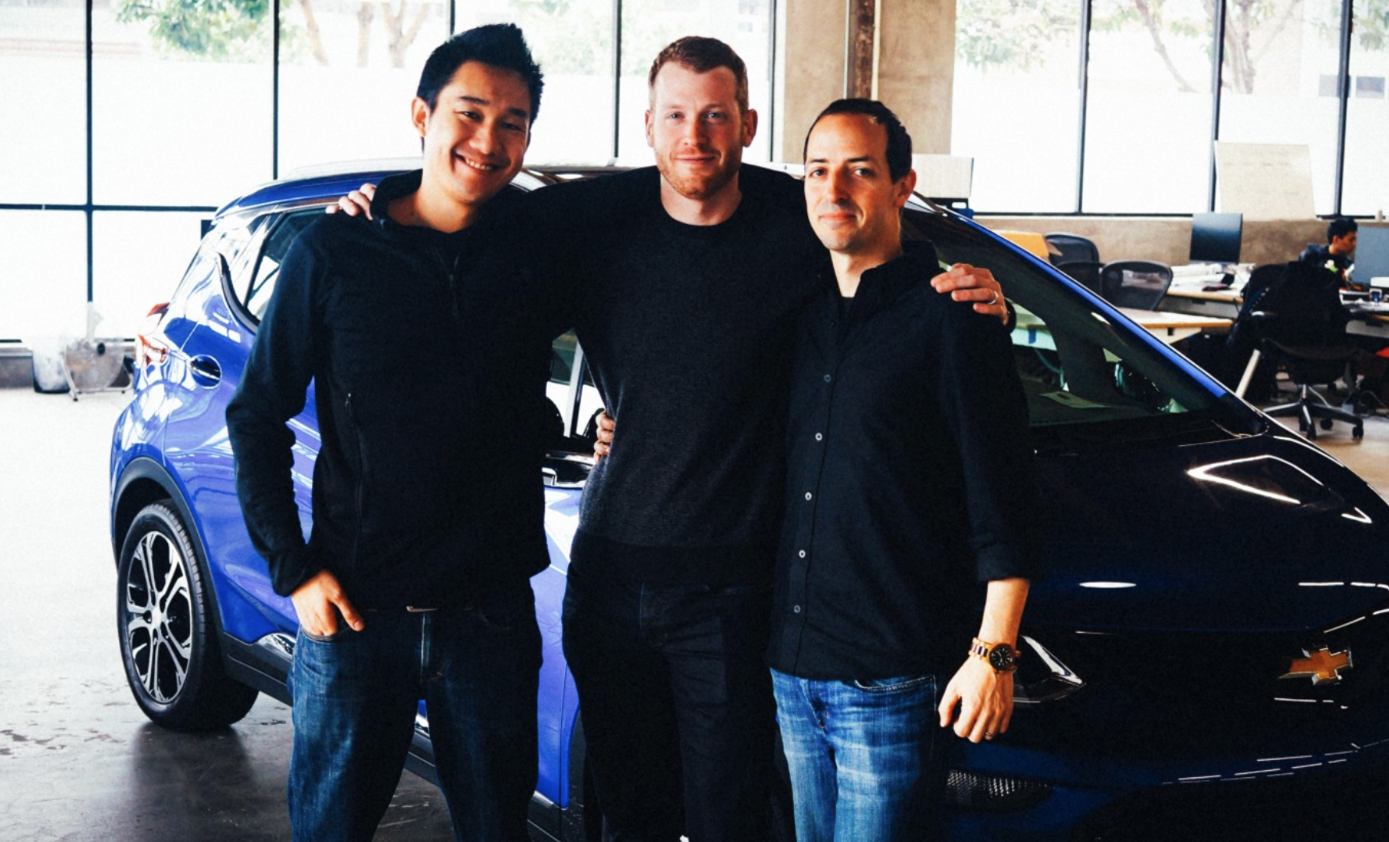Visual Technologies is an Amazing Lens to Think Through the World
/Nabeel Hyatt is a former founder, CEO, and now General Partner at Spark Capital. As a former engineer and designer, he has invested regularly at the forefront of visual technology companies. He has led rounds and served on the board of such breakouts as Cruise (sold to GM for over $1B), Capella Space, North (formerly Thalmic Labs), and Rylo.
Nabeel at Spark in San Francisco.
In lead up to our annual LDV Vision Summit where Nabeel had a fireside chat with Evan, Evan Nisselson, General Partner at LDV Capital asked Nabeel some questions about his experience investing in visual tech.
Evan: You have impressive entrepreneurial experience as an engineer, designer, founder, and CEO before becoming a General Partner at Spark Capital. What is your most important value add to help your portfolio companies succeed and why?
Cruise Co-Founders Dan Kan and Kyle Vogt with Nabeel after taking a test drive.
Nabeel: I've come to believe venture is a craft best practiced at the personal, not industrialized level. Every startup is a very unique journey, and every founder is in a specific place in their path. It's my job to adjust to the needs of the team instead of apply some playbook of advice & value. I happen to be a pretty right-brain/left-brain person, so in any given month I may be bouncing between product, metrics, people, culture, marketing, or fundraising.
Evan: You have invested in several businesses with visual technologies at the core. Please give a couple of examples and how they are uniquely analyzing visual data.
Nabeel with North (formerly Thalmic Labs) Co-Founders Matthew Bailey, Aaron Grant and Stephen Lake.
Nabeel: Visual is an amazing lens to think through the world right now. The advances in computer vision the previous few years were one of the core reasons we believed it was finally the right time for autonomous driving when we led the Series A at Cruise. I have no doubt that technology is getting massively cheaper and will make it's way into many consumer hardware products in the next few years. At the same time we are always looking for new sensors, new visual data to evaluate the world around us, such as the Synthetic Aperture Radar (SAR) data that Capella Space is going to be providing very soon. That will be the first time a U.S.-based commercial company will offer that view of the world and can be massively enabling to the next generation of companies.
Evan: Are you more optimistic on Augmented Reality, Mixed Reality, or Virtual Reality businesses and why?
Nabeel: Why the choice? Spark has made pretty deep investments on all sides here. In Virtual Reality we co-led the Series A at Oculus and I think their next product, the Quest, which comes out in May is the first consumer-ready VR product. I think it’s going to surprise some folks that had written off VR.
On the Augmented Reality side we are investors in Niantic, it’s actually one of our largest investments, as well as North, and Control Labs. When we invested in Niantic a lot of the belief in the future of that company is not just their games, but in their ambitions in augmented reality. They are a powerhouse here, and we are pumped they are finally beginning to talk about their ambitions.
Bijan and Nabeel
But I’d say Augmented Reality is still a little further ways off, there are still some fundamental technical breakthroughs that are needed for it to be every day or even regularly used product. Thankfully there are companies like North and Control Labs that are really deep tech innovators who are making the breakthroughs necessary to bring AR to the masses.
Evan: You frequently experience startup pitches. What is your one-sentence advice to help entrepreneurs improve their odds for success?
Nabeel: Less time on how big your market is, more time on how your product is undeniably amazing. And don’t forget to really show your passion as a founder.




